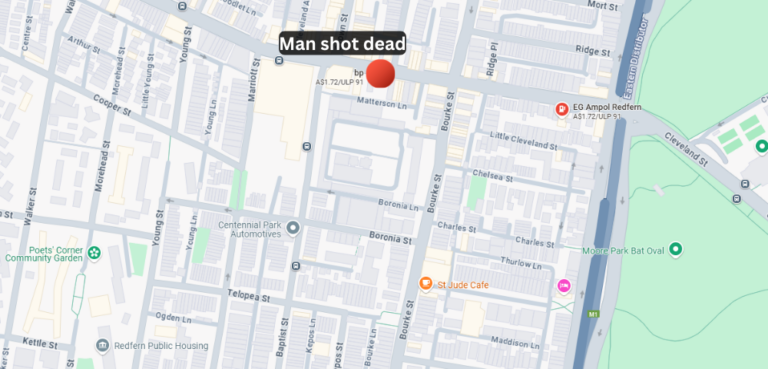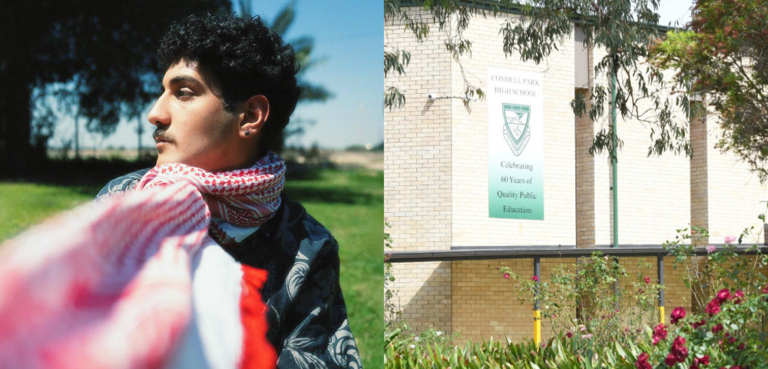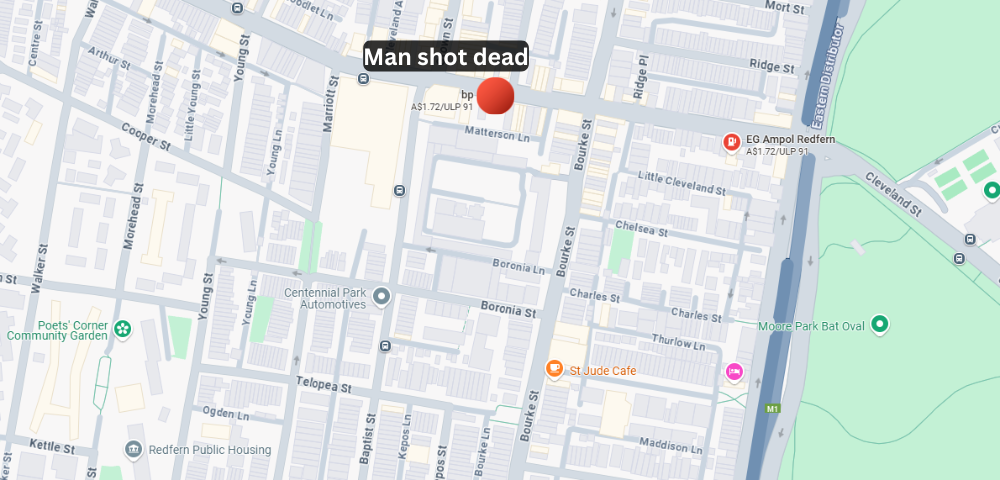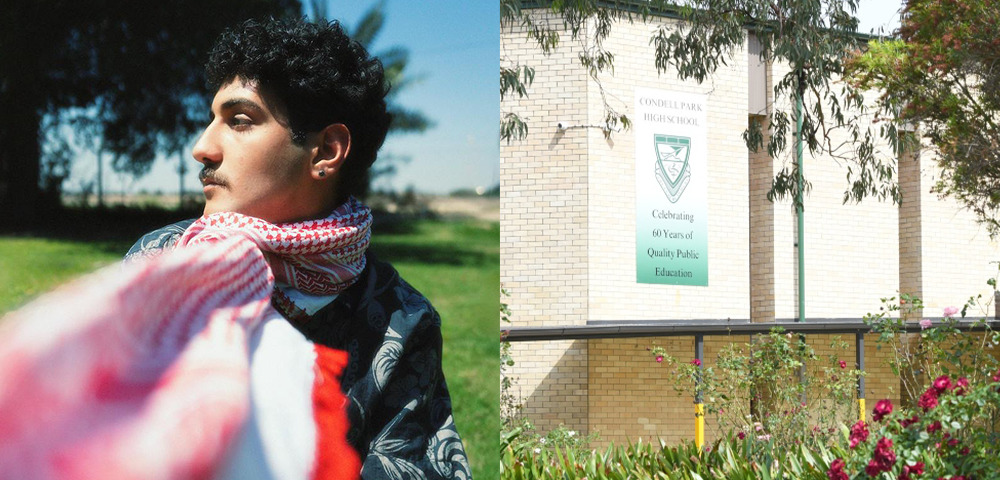
Contamination concerns over coal seam gas
Last week’s reports of contaminated soil in northwestern NSW – the result of a saline spill over six months ago – have fueled further concern over coal seam gas (CSG) drilling in St Peters, the site of the first approved well in the Sydney Basin.
Although Dart Energy, which controls CSG production in St Peters, was not involved at the site of the Pilliga Forest spill, the threat of a similar accident in a much more populated area has become a new rallying cry for groups seeking the cancellation of Dart’s exploration licence and a one-year moratorium on CSG in NSW.
Erskineville resident Isabel McIntosh has been involved in the Stop CSG campaign. “The story we’re told about the St Peter’s well is that it’s ‘exploration only’ but if you look at the Pilliga you can see that’s not going to be true at all,” she said.
Dart Energy’s licence to drill in St Peters but is under a renewal process that exempts it from stricter regulations introduced last year.
Stop CSG Sydney spokesperson, Jacinta Green, said: “Dart energy can go ahead and drill in St Peters without telling us” and get pilot production approved, just as in the Pilliga, and “no one will know until it is too late.”
“We don’t know how Dart Energy are going to manage the waste water at St Peters and it’s terrifying to think how such a thing in St Peters might affect the area and Sydney park,” Ms McIntosh said.
The Wilderness Society and the Northern Inland Council for the Environment, which commissioned the study of the contaminated area in Pilliga, reported heavy metal levels far exceeding the legal drinking limits. Lead was found at five times the legal drinking limit, and nickel was eight times. Copper levels, toxic to invertebrates, was 136 times beyond the Aquatic Ecosystem Guidelines.
But according to Dr David Cohen, Head of the School of Biological, Earth and Environmental Sciences at UNSW, the extent of the damage may be exaggerated. “Many natural systems have metal concentrations above drinking water standards due to naturally elevated concentrations in host rocks, soils and sediments.”
“I think the authors of the 9 Feb report may be overstating the results to conclude on the basis of three samples that they ‘show that dangerous substances are still present at high levels in the forest’.”
Although Dart Energy did not comment specifically on the accident, spokesman Andrew Collins said in a written statement that the company “has no plans to drill in St Peters. And we have no current drilling plans for the Sydney licence area until a comprehensive land use study has been completed.”
Parliament will vote on the Greens NSW 12-month moratorium bill on CSG in March.
By Jennifer DeBerardinis









